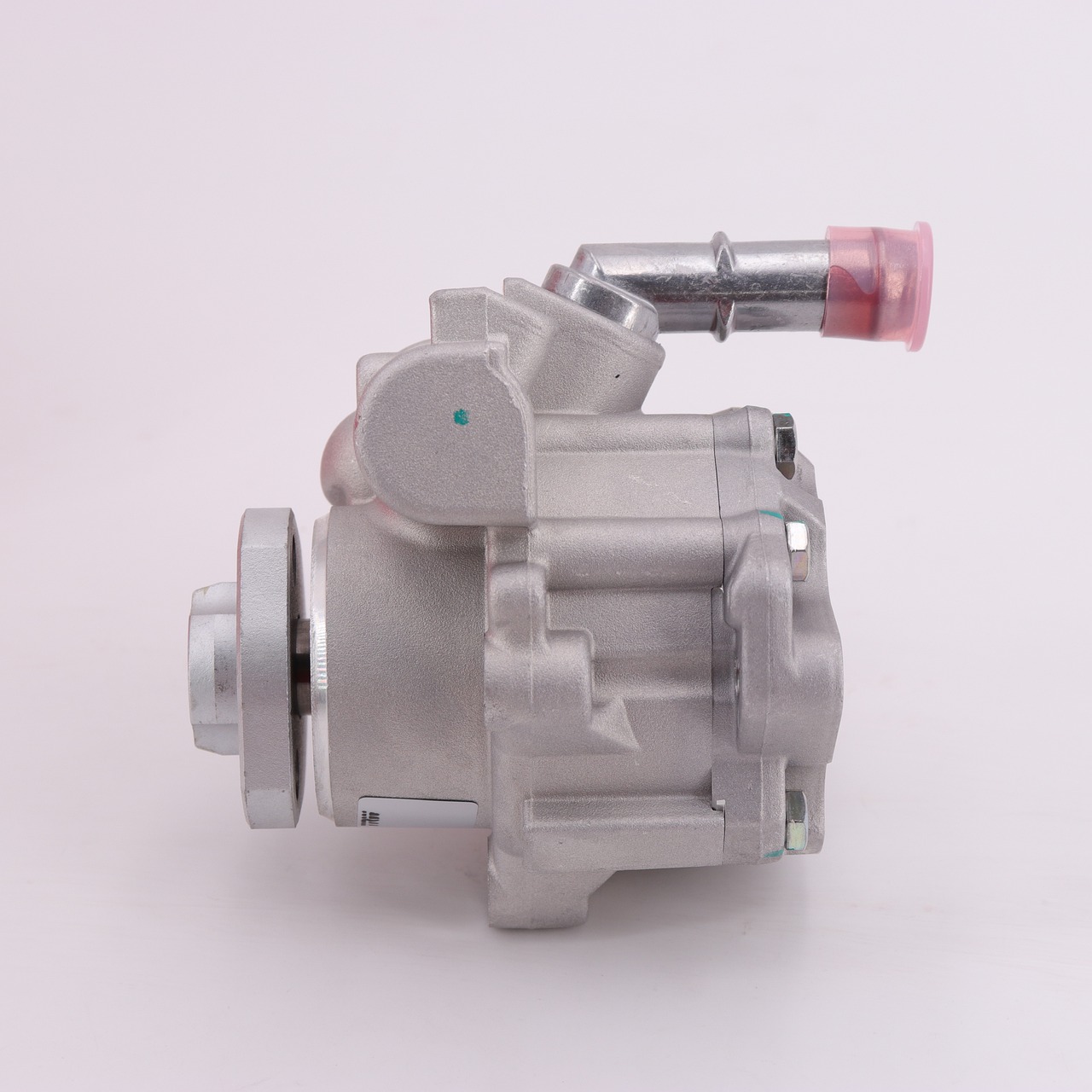A slow running or underperforming pump is a frustrating problem as it prevents the hydraulic system from operating at capacity or with sufficient power. Identifying the cause can causes extensive system downtime, as there are various reasons why a hydraulic pump may operate sluggishly.
1) Excessive Heat Or Low Fluid Viscosity
Pump performance is adversely affected by overly high operating temperatures, leading to the risk of internal leaks. Heat shields or thermal sleeves can be fitted to protect the system from ambient temperatures or heat radiating from other equipment. Other causes include a heat exchanger or cooler malfunction, hydraulic fluid being too viscous, or undersized components – which cause disproportionate pressure drops compared to system flow rates.
2) Aeration
Problems that trigger fluid aeration will affect the performance of the pump and, unfortunately, identifying the cause is not always obvious. Air can enter a hydraulic system in many ways, such as leaking fittings in the intake line, pin-hole leaks in the suction hose, or worn shaft seals in the pump (replacement of these components will often resolve the problem). It’s also necessary to check the reservoir fluid level and the return fluid speed in case the return line needs to be resized.
3) Cavitation
Occurring when air bubbles in the system implode under high pressure, cavitation can severely damage components, so eliminating the causes of aeration will prevent this problem. Also, cavitation can be caused by a suction valve partially closing, or hydraulic fluid becoming too hot or too viscous. Ensure you use a fluid with the correct viscosity, in line with professional advice.
4) Undersized Or Underpowered Pump
It is vital to ensure that your pump is correctly sized for the hydraulic system, as an undersized model will not be able to deliver the required power. Check the pump’s rated speed and the drive motor speed and, if replacement is required, consult an expert, such as Hydrastar, to arrange a suitable replacement.
5) Pressure Compensator Failure
Check that the pressure compensator rate isn’t set too low, and it is operating correctly. If not, adjust and seek professional advice if necessary.
6) Internal Leaks Or Contamination
An underperforming pump could be the result of internal components jamming, particularly if fluids have leaked inside. It may be necessary to dissemble the pump and clean it out thoroughly, removing any sludge from the oil. If parts are worn, execute a performance test and replace components as necessary.
The Solution To A Slow Running Pump
Proactive maintenance of your hydraulic system by a qualified expert will minimise the problems that may lead to a pump running slowly, by spotting the earliest warning signs and taking immediate preventive action. It will also save you time and money, by minimising downtime and avoiding unscheduled repairs.
Next Steps
At Hydrastar, our specialists can ensure that a regular maintenance programme, using only the highest quality parts, keeps your system in excellent operational order. To find out more or to arrange your professional service, get in touch today!
 Image source: Pixabay
Image source: Pixabay


